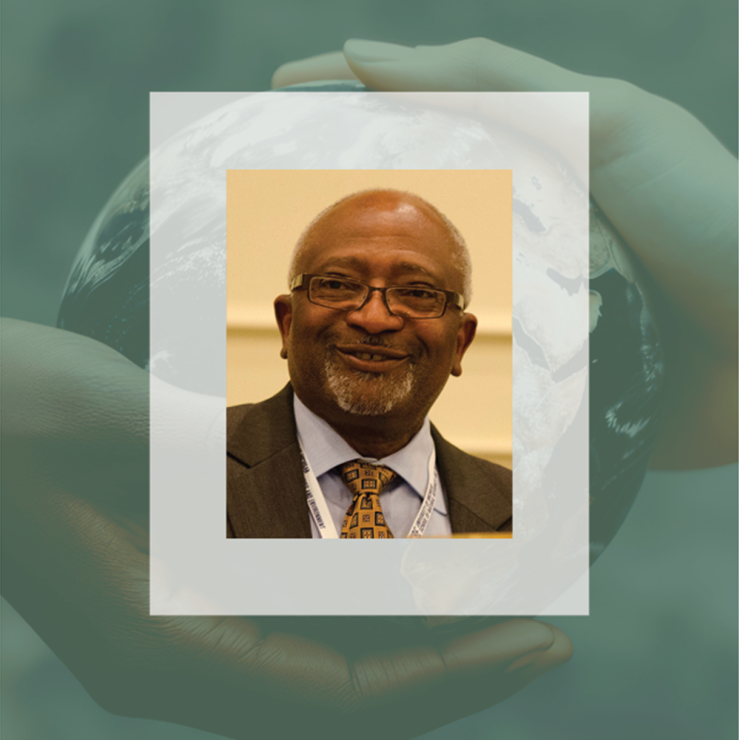As we close out Black History Month, we are honored to spotlight a true trailblazer in environmental activism, Dr. Robert Bullard. Dr. Bullard has dedicated his life to addressing environmental racism and fighting for environmental justice. His work is not just a contribution to the African American community but to humanity as a whole.
Born in Elba, Alabama in 1946, Dr. Bullard’s journey was shaped by the segregation and blatant racism of the Jim Crow South. Despite these challenges, he pursued education with zeal, earning a PhD in sociology. His academic path led him to something he hadn’t anticipated: becoming an environmental justice pioneer.
It was the personal impact of environmental racism that steered Dr. Bullard’s career. In 1979, his wife, attorney Linda McKeever Bullard, represented a group of black middle-class Houston residents opposing a landfill in their community. This case, Bean v. Southwestern Waste Management, Inc. (1979), was the first of its kind to use civil rights law to challenge environmental discrimination. Although the legal battle was lost, it ignited a movement.
Dr. Bullard’s seminal work, “Dumping in Dixie: Race, Class, and Environmental Quality,” published in 1990, is a cornerstone in environmental justice literature and considered a standard text in this field. It laid bare how communities of color are often the dumping grounds for pollutants. His research was pioneering, revealing the systemic nature of environmental racism.
Dr. Bullard’s work transcends academic circles. He’s been a persistent voice in policy discussions, advocating for equitable environmental laws. His efforts contributed to President Clinton signing the Executive Order 12898 in 1994, which focused attention on the environmental and health effects of federal actions on minority and low-income populations.
Throughout his career, Dr. Bullard has written 18 books, been honored with numerous awards, and been named one of the world’s 100 Most Influential People in Climate Policy among many other distinguished titles. In 2021, President Joe Biden named him to the White House Environmental Justice Advisory Council (WHEJAC).
Most importantly, however, Dr. Bullard has continued in his quest to give a voice to underrepresented and minority communities so that they do not take the brunt of environmental inequality. Dr. Bullard is quoted as saying, “When you don’t protect the least in your society you place everybody at risk. Justice will say, let’s do fairness, equity, and justice to make sure that we do not somehow say just because you live in a low-income neighborhood that you don’t deserve to have a park, a grocery store, and flood protection.”
His work reminds us of the intersection of racial justice and environmental stewardship. This Black History Month, let’s honor Dr. Robert Bullard by committing to an inclusive and equitable environmental future.
